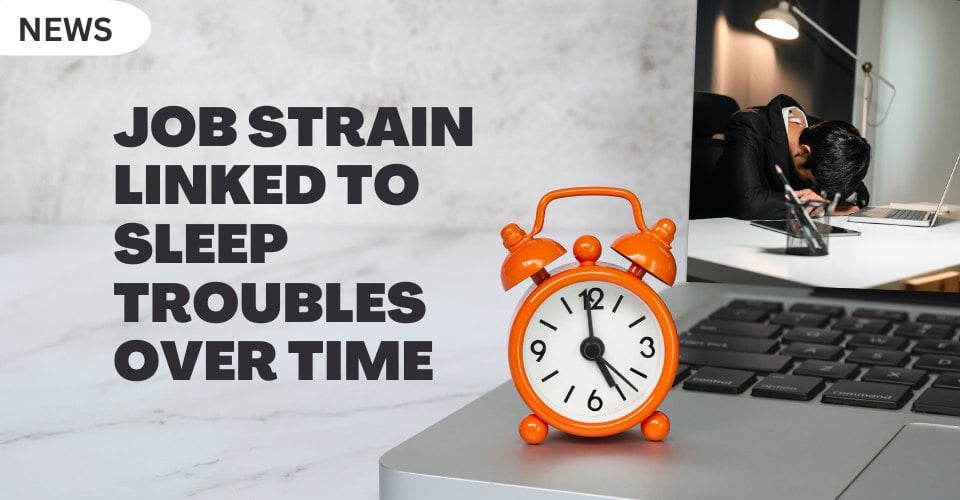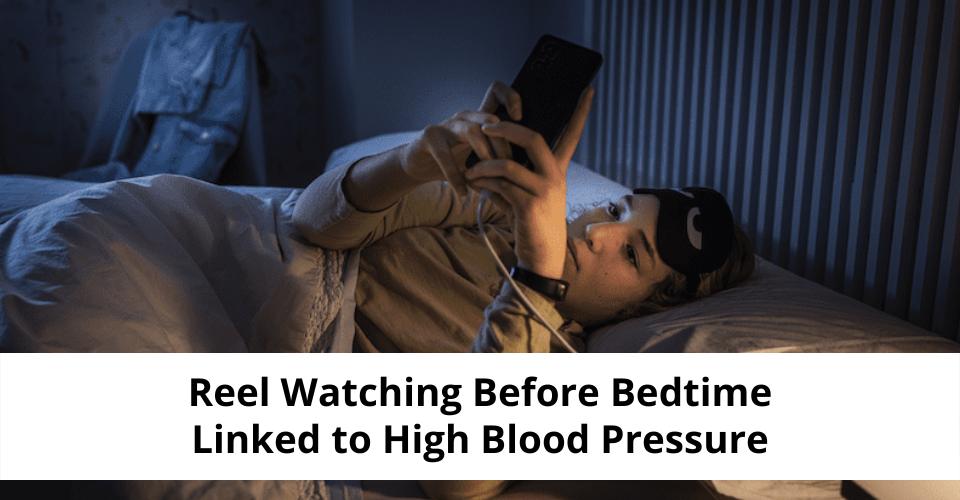When we talk about time perception, most of us are likely to refer to the wall clock or our watches that tick. However, a recent groundbreaking study published in Current Biology reveals an interesting twist: rather than being governed by an internal clock, our perception of time is determined by different experiences we go through. These findings change the way time is perceived and what this means for our daily life.
A Breakthrough in Understanding Time Perception
Time perception is a basic part of human experience but its neural mechanisms have remained unknown for ages. In the past, scientists argued whether the brain used an internal clock or some other system to keep track of time. This research identifies the importance of anterior cingulate cortex which is well known for decision-making, memory and behavioral flexibility. It turns out that such part of our brain follows a series of experiences and not a steady internal timer.
“Our work was focused on how networks change through learning in response to different stimuli and outcomes,” said James M Hyman, who is an associate professor at University of Nevada Las Vegas (UNLV). “We found that these networks evolve over time with respects to number of events rather than passage of clock time.”
The Experiment: Tracking Time Through Experiences
To investigate this phenomenon, researchers conducted a study using five male Long-Evans rats with micro-drives implanted to record neural activity from their anterior cingulate cortices (ACC). Then they were placed into free-choice task where they need nose-poke one out of three ports for getting a reward. During each session half-way point reward probabilities were changed so that the experiment becomes optimal for investigation changes in neural activity without impacting decision-making or shifting reward rates.
During these trials, neuro-physiological data was recorded and then analysed looking for patterns within ensembles’ activities. They discovered that there existed slow drifting patterned neural activities in ACC correlated with number of trials completed rather than actual time spent. As a result, it appears that our mind registers time by accumulating experiences as opposed to keeping track of an internal clock.
Implications for Everyday Life
These findings have significant implications for how we perceive and manage our time. According to Hyman, realizing that what we do or where we go affects how fast/slow we experience the passage of time can be used to manipulate our sense of timing.
Hyman said, “When something is not pleasant it may seem like a bad meal, you can engage in vigorous activity which will propel your neural networks forward and make the unpleasant experience seem far away from you.” “Conversely, if something is enjoyable, linger in that moment without starting a new activity. Just sit and enjoy. This advice may not be revolutionary but it carries more weight now that we understand the neural basis of time perception.”
Consistency Across Brains
One thing learnt from this study was how consistent neural drift was across various rats and sessions. The researchers even generated data models using one animal’s neural activity to predict the trail number of another based on its network activity. This suggests that the mechanism for tracking time through experiences is fundamental and therefore probably applies to the human brain.
“However much brains differ among themselves so do their networks changes,” Hyman observed. “Accordingly, it implies that our mental time perception changes due to activities or experiences we undertake; this observation has wider implications regarding understanding of time perception.”
Future Research Directions
As much as this study offers strong evidence that our brains judge time in reference to experiences, there are still areas for research in it. The task employed here was decision-free and thus might have different effects on the anterior cingulate cortex’s neural dynamics than during tasks requiring active decision making. On top of this point, future research ought to delve into issues such as whether active task alter neural representations of time and whether similar mechanisms apply over longer durations (hours or days).
Furthermore, while similarities exist between rat brain structures and those of humans’, there are also dissimilarities between them. More research should be done to determine if these findings generalize to humans and how individual neurons contribute towards ensemble dynamics.
Practical Applications and Broader Implications
The knowledge about what determines our sense of how long something lasts can be applied within many fields including psychology, neuroscience or mental health. Some neurodegenerative or psychiatric disorders have problems with temporal perception that result in communication difficulties and cognitive errors. Researchers who want to help these patients hope to devise strategies, interventions, or therapies for people with such ailments by understanding how the brain constructs temporal perception.
“These effects can lead to serious consequences in personal and professional life adding to depression and hopelessness,” Hyman warns. “We are trying to find techniques to assist individuals suffering from disorders affecting temporal perception. First of all, it is necessary to know what mechanisms exist in the brain before they can be modified successfully for a better human existence.”
Conclusion
The paper “Temporal information in the anterior cingulate cortex relates to accumulated experiences” authored by Ryan A. Wirt, Talha K. Soluoku, Ryan M. Ricci, Jeremy K. Seamans and James M. Hyman provides an entirely new perspective on how we perceive time within our brains today. By showing that our perception of time is driven by experiences rather than an internal clock this research has challenged existing assumptions and opened up new avenues for investigating temporal processing in the brain.”






















Leave a Reply
You must be logged in to post a comment.